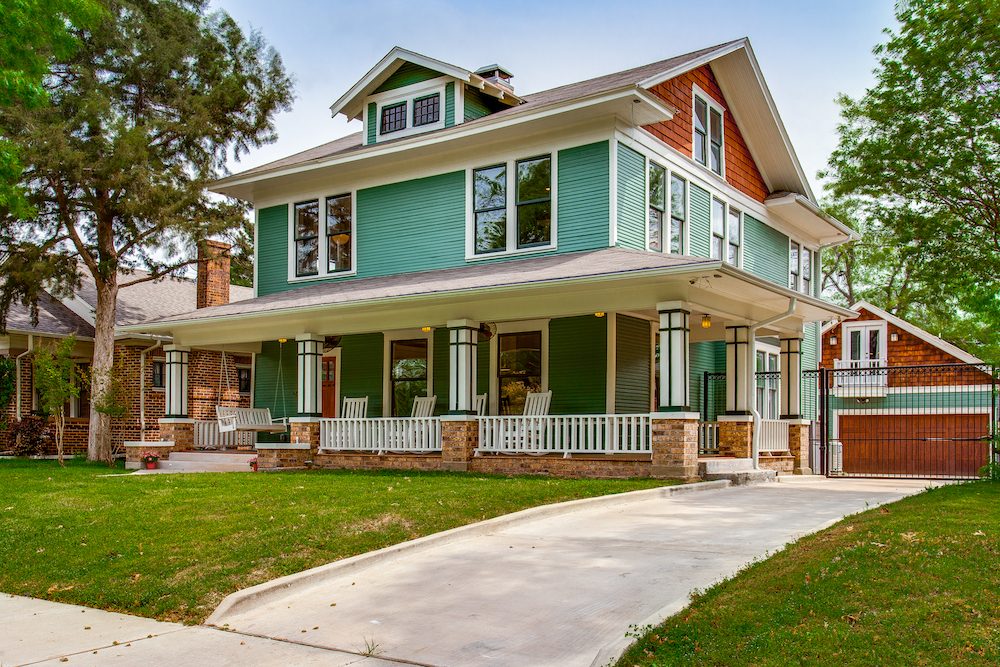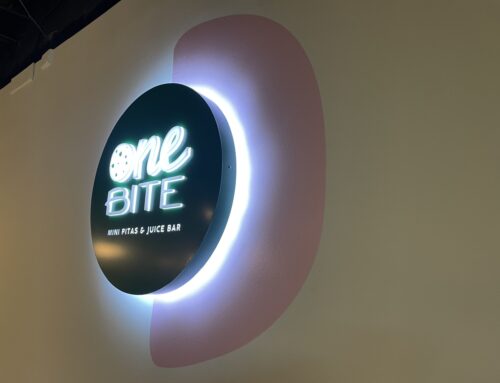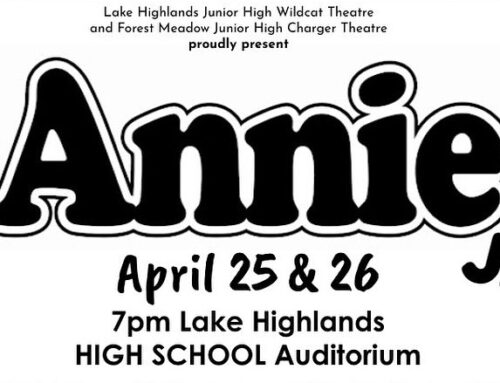The City of Dallas wants your input on allowing accessory dwelling units (ADUs) in all neighborhoods. The Sustainable Development and Construction Department has created this brief survey, and council members are encouraging residents in their districts to consider the matter and share their opinions.
ADUs, such as granny flats, garage apartments, back houses or mother-in-law quarters, are smaller, independent residential units located on the same lot as a stand-alone single-family home. Some are internal ADUs, such as the converted portion of an existing home, and some are detached ADUs, like Cheryl’s She Shed.
In 2018, Dallas green-lighted the concept of ADUs up to 700 square feet, provided they weren’t money-making ventures and they didn’t disturb the neighbors. Neighborhoods could “opt in” to allowing ADUs by signing a petition, or individuals could seek approval from the city’s board of adjustment. The 2020 proposal grants broader endorsement to build or convert ADUs “by right.”
When Deputy Mayor Pro Tem Adam McGough presented the question to District 10 residents on social media, he attracted plenty of comments – but no consensus.
“I’m generally in favor of something like this,” wrote Ben Lauer of Ben Lauer Real Estate Group, “but my concerns would be around higher population density and the complications that come with subletting. Our infrastructure is designed for the [number] of homes we have currently and if we open that capacity up, we risk increased burdens on everything from schools to roads. Are they going to be able to be leased or just used as expanded living space? If they are leasable, we risk a situation similar to [Highland Park] where we could get people leasing small units so they have rights to be in the school district while living in larger homes outside the district. Clearly, we have a problem with not enough housing in a desirable area, so creative solutions are/should be encouraged, but I think we need to approach this carefully.”
“We need affordable housing,” agreed Jordan Massey. “If done responsibly with permits and oversight, this could be very effective. We need to protect the tenants, though, and hold landlords accountable.”
Other respondents voiced opposition to the plan.
“I don’t think it would be of benefit to Lake Highlands,” wrote Donna Halstead, a former council member for District 10. “Our lots are pretty small and can’t support additional density. The public infrastructure is not sufficient to handle increased density. It would also affect the personality of our community.”
ADUs can’t be sold separately, and there must be additional water, sewer and electric service on the lot. At least one off-street parking space is required unless the property is located within 1,200 feet of a DART bus or transit stop. The unit must be no more than 25 percent of the man house’s floor area and similar in color and style to the main house.
The idea sparked the imagination of residents envisioning what they might do with – and who they might put in – an ADU.
“Has anyone priced retirement homes?! And um talk about daycare,” added Jennifer Cunningham Cluney. “It would be nice to allow people to have family on your property to help with the family.”
Currently, the city prohibits ADUs from being listed as short term rentals on sites such as Airbnb.com and Vrbo.com. A task force of council members and community stakeholders is currently studying Dallas’ short term rental regulations.
The survey ends July 7.






